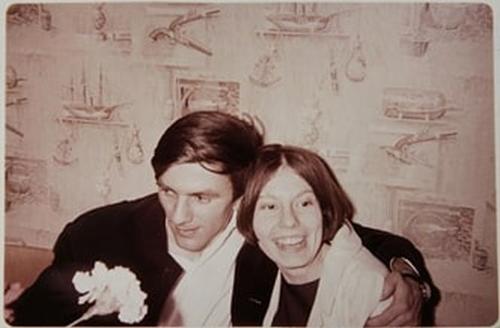1960s at the Institute for East European Studies
The 1960s were a time of upheaval in many respects: the protests against the Vietnam War, the anti-authoritarian movement, democratic awakenings in the East, the suppression of the Prague Spring. New ways of life were demanded and tried out. Students in Berlin were particularly active in this movement. Many well-known names are closely associated with FU Berlin.
This was also reflected at the Institute for East European Studies. However, the institute was not as central to the protests as the neighboring Otto Suhr Institute for Political Science. At the same time, the view of Eastern Europe changed. Only two years later, with the signing of the Warsaw Treaty, the Federal Republic recognized Germany's eastern border 25 years after the end of World War II. Willy Brandt's genuflection in Warsaw before the memorial in the former ghetto marked a new phase in the confrontation with German guilt.
